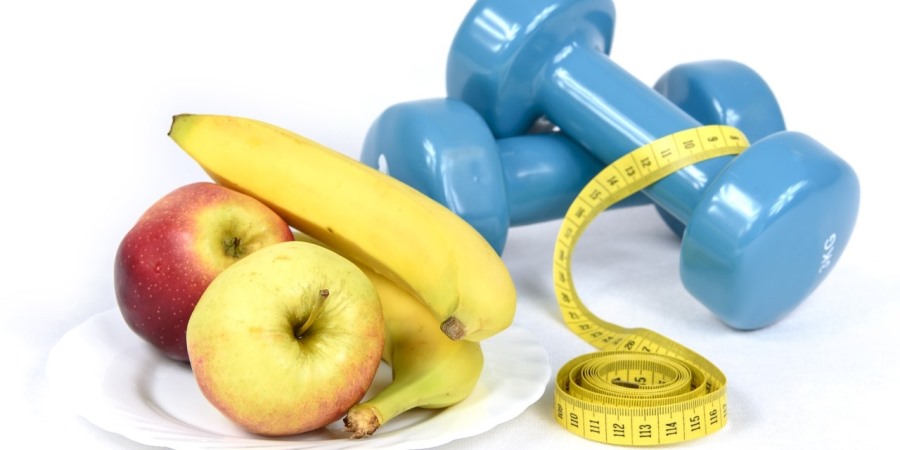
Lifestyle affects prostate health, erections, fertility, sexual stamina, virility, ejaculations and orgasms, among other aspects of men’s sexual health. Thus, changing one’s lifestyle is one of many methods for effective Male Enhancement, that is, to boost sexual performance in men.
Depending on the causes of certain conditions, changes in one’s lifestyle and habits can resolve issues, or can at least help in preventing some specific health conditions or prevent them for becoming worse. Lifestyle is a very broad subject, which would need an in-depth book to cover completely, but we will mention some well-known themes in this post. Please mind that the list below is a non-exhaustive summary.
Diet and Supplements
Nutrition that is rich in natural foods like fruit, vegetables, whole grains, and fish — while eating less red and processed meat and refined grains — decreases the risks of suffering from Erectile Dysfunction (ED).
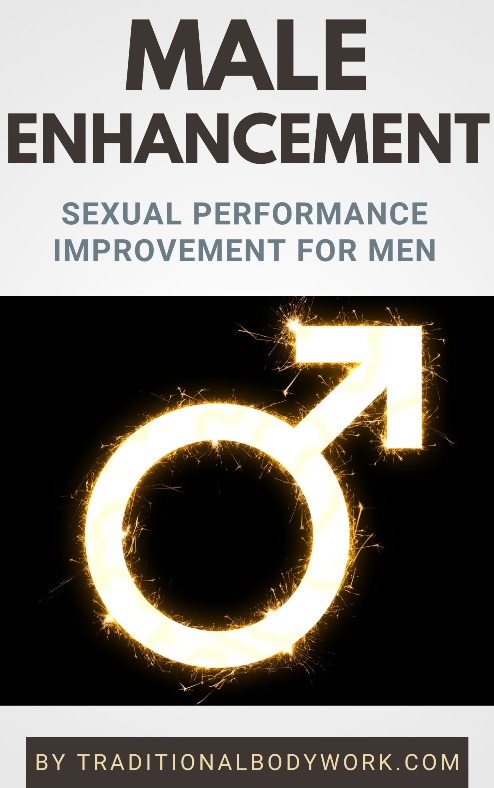
Drinking lots of clean, fresh water can help alleviate Benign Prostatic Hyperplasia (BPH or Benign Prostate Enlargement), Prostatitis, and Urinary Tract Infections (UTI). It’s generally advised to leave out alcohol and coffee as much as possible.
Supplements and pills are popular Male Enhancement products. Most of these types of products contain dietary supplements, and in that sense they can diminish vitamin, mineral, or other nutritive deficiencies, reduce stress and anxiety, or increase blood circulation in the body (which may benefit the genital organs).
In fact, there’s an abundance of dietary advice available for certain health problems that affect sexuality, but covering all that goes beyond the purpose of this post. Just browse the Internet to find topics that discuss this aspect of lifestyle change.
Body Weight and Slimming
For men, overweight and obesity can cause low sperm count and sperm motility, which affects fertility. Obesity raises the risks for vascular disease, deficient hormone secretion, and diabetes, which are important causes of ED. Losing weight can help fighting ED.
Excessive fat also seems to play a role in low testosterone levels, which can attribute to experiencing low libido and ED.
Slimming can also be a help for perceptions around having a small penis. The more obese one is, the smaller the penis looks. In that sense, slimming can be an optical method to achieve having a “larger” penis. In any case, it helps, and it also increases sexual confidence if one’s “looks” are better.
Physical Exercise
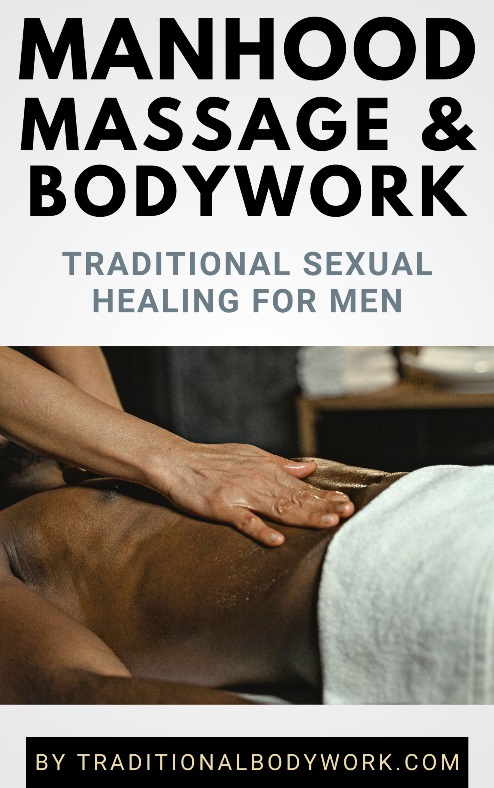
Moderate physical exercise seems to result in a higher sperm count and motility, and moreover, normal sperm morphology, that is, it increases fertility.
Scientific research has also shown that men who are more physically active (walking, running, sports, etc.) are less likely to suffer from BPH or ED.
Even low to moderate-intensity physical activity, such as walking regularly for about thirty minutes each day, at a moderate pace, has benefits. In fact, studies show that the more physical activity one does the more health benefits are reaped for the prostate. Studies also show that it can restore sexual performance in obese middle-aged men with ED.
If it’s hard to be disciplined in doing exercises, taking regular full-body massage treatments can come of help.
Alcohol
Excessive i.e. chronic and heavy use of alcohol seems to affect the ability to get or keep erections. This may be either long-term or temporary. Alcohol typically obstructs messengers in the brain that guide the penis to fill with blood. Alcohol can also reduce the production of testosterone.
Extreme use of alcohol also results in a decrease of sperm count and sperm motility, and an increase of abnormal sperm morphology. Studies also show that stopping with alcohol consumption restores fertility quickly (if alcohol use was the issue, of course).
Nevertheless, data about the exact amount of alcohol intake that can cause ED or infertility is unclear. It seems to depend.
Smoking
There is clear scientific evidence that suggests that nicotine impacts fertility negatively. For men it decreases sperm count and sperm motility, and increases abnormal sperm morphology.
Heavy, daily smoking (about twenty cigarettes or more per day) obstructs blood flow through vessels, causing a range of circulatory problems throughout the body, which can also lead to ED.
Vascular Health
Suffering from high blood pressure, high blood sugar, high cholesterol, and high triglycerides can damage important arteries that are necessary for a healthy blood flow to the prostate and penis. As a consequence, damage to certain arteries can cause causing ED.
Recreational Drugs
Recreational drugs, such as alcohol, amphetamines, barbiturates, cocaine, marijuana, methadone, nicotine, and opiates can affect a range of things that relate to male sexual function, such as ejaculation problems, ED, lower libido, and low sperm count and motility. This doesn’t only affect sexual satisfaction, but also an increased risk on infertility.
By stopping recreational drugs use, it seems that most negative effects disappear quickly if permanent damage has not yet occurred.
Tight Underwear
Tight underwear in men shows an increase of scrotal temperature, but there’s no unambiguous scientific evidence that it affects sperm production or increases risks of ED.
Stress and Anxiety
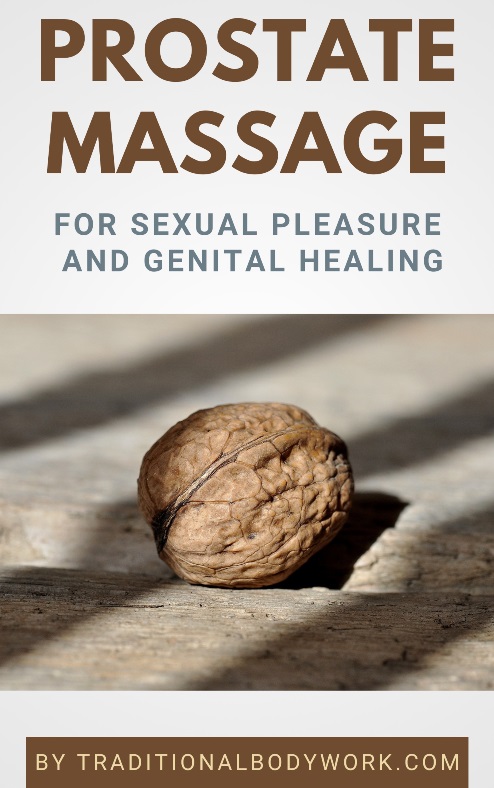
Stress and anxiety can be caused by a whole range of factors, like for instance work related issues, relationship problems, emotional or physical trauma, financial problems, illness, or low self-esteem, just to name some examples.
Subsequently, it can lead to a broad range of pathologies that can affect fertility, low sex drive, ejaculation problems like Premature Ejaculation (PE), psychosomatic physical tensions that block normal reproductive functions, and hormonal deregulation, among other things.
In fact, eliminating stress factors can be an important help to increase fertility and libido, and cure or alleviate ED and ejaculation issues. Some things can be done rather easily, such as perhaps changing one’s job or taking medication, other issues may need help from a professional healthcare provider, such as a psychologist or counselor.

 Find themed health, wellness, and adventure holidays around the world.
Find themed health, wellness, and adventure holidays around the world.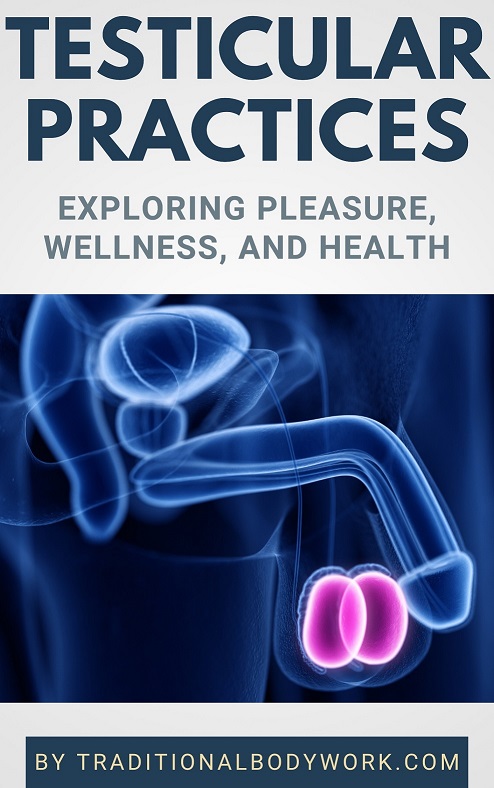
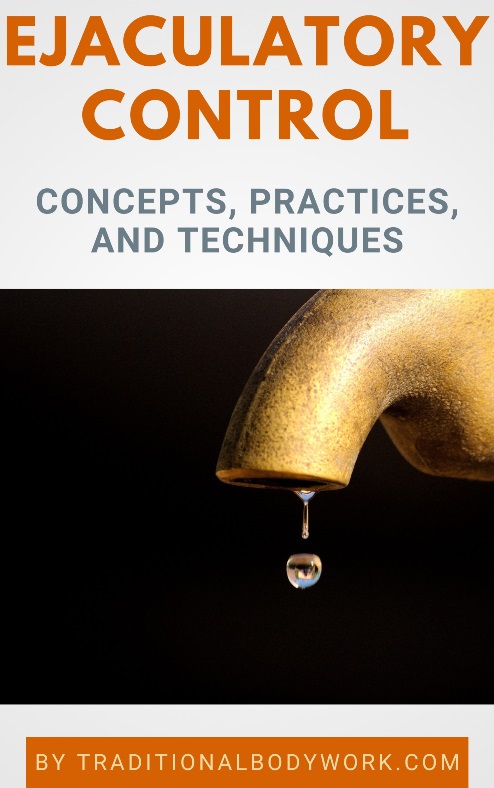
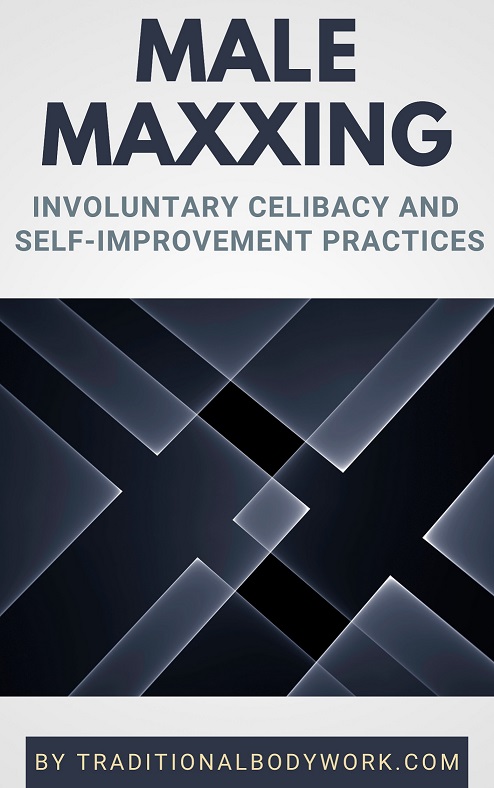




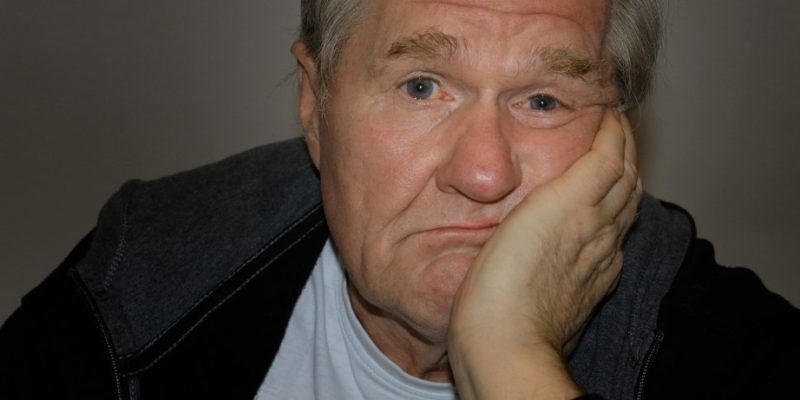
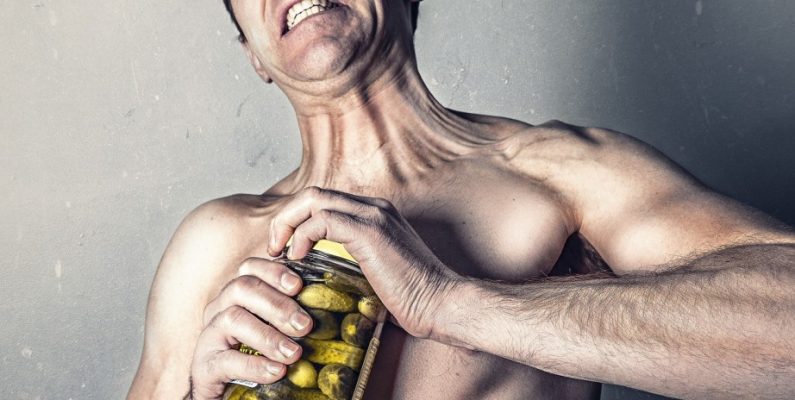
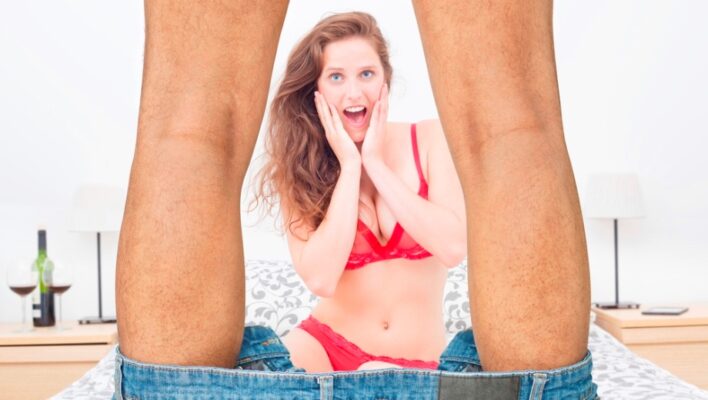

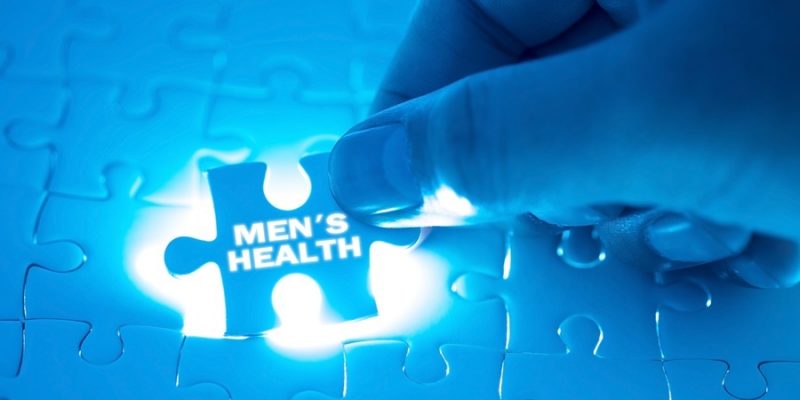


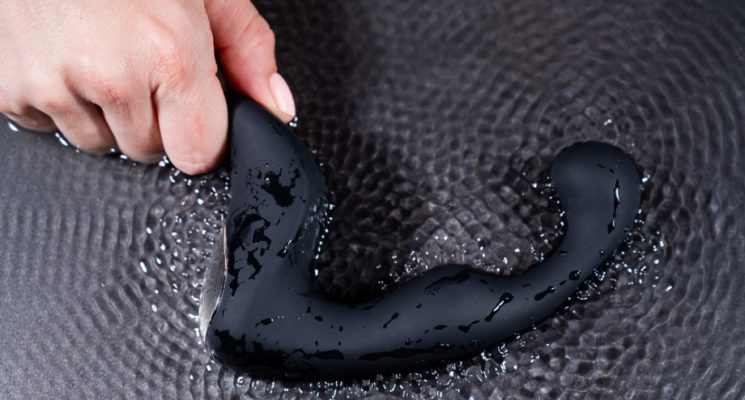
 Find themed health, wellness, and adventure holidays around the world.
Find themed health, wellness, and adventure holidays around the world.